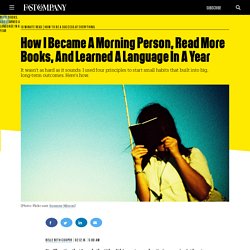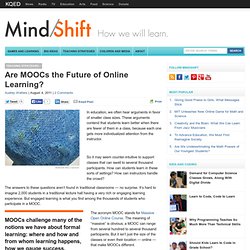

Three Big Questions on the Job Market, and How January’s Numbers Answer Them. Get used to jobs numbers like those newly reported for the United States Friday morning — if we’re lucky.

It’s not that the new data blew the lid off expectations or pointed to some radical acceleration in job growth in the opening weeks of 2016. Quite the contrary. The nation added 151,000 jobs in January, which was below analysts’ expectations and well below the revised 262,000 jobs added in December. That looks an awful lot like “reversion to the mean,” and it wouldn’t be surprising if final revisions show a slower pace of job growth across the two months. But while economists and financial markets have traditionally placed the greatest weight on that payroll number as the key indicator of whether economic growth is speeding up or slowing down, we’re entering a phase where some other components of the jobs report are more important. Photo The questions now are more subtle. How close are we to full employment? How I Became A Morning Person, Read More Books, And Learned A Language In A Year.
You’ll notice that I made the title of this post sound quite impressive (at least I hope I did!).

But the great thing about this story is that anyone can have such an impressive outcome, and it’s not at all as daunting as it might sound. In fact, all these outcomes came from doing small things every day over a long period. I’m a big fan of working smarter, not harder and finding small ways to make my work more efficient. As I became Buffer’s first content crafter about two years ago, I got the chance to explore these topics quite a lot. Now I’m excited to be back to show you exactly how I came by these wins in 2015. From a habit of practicing French for just five minutes a day, I can now read, write, and speak basic French. Basically, I used small, everyday habits to build up into big, long-term outcomes. Creative thinking technique: Lotus Blossom.
A creative-thinking technique that will help you expand your thinking beyond your usual paths of thinking is Lotus Blossom.

According to author Michael Michalko, Lotus Blossom helps you to organize your thinking around significant themes, helping you to explore a number of alternate possibilities and ideas. We were all born as spontaneous, creative thinkers. Yet a great deal of our education may be regarded as the inculcation of mind sets. We were taught how to handle problems and new phenomena with fixed mental attitudes (based on what past thinkers thought) that predetermine our response to problems or situations. Typically, we think on the basis of similar problems encountered in the past. Zeta Interactive. 50 best Mac tips, tricks and timesavers. Introduction Your Mac can do millions of things, but sometimes even the best of us forget some of the cool stuff it can do - so we're here to help jog your memory.

Some of these tips need recent versions of OS X - such as OS X 10.10 Yosemite or OS X 10.11 El Capitan - but not all of them do. In some cases, some are little features that Apple has sneaked into upgrades that you might have totally missed, and some might be a classic lightbulb moment of "I'd totally forgotten you could do that! " This is neither a formal nor an exhaustive list; we've just put our heads together to gather the fifty tips we think are awesome. Blackbird - The Beatles. How Can Web 2.0 Curation Tools Be Used in the Classroom? Digital Tools Jeff Thomas “Curation” may be one of the big buzzwords of 2011.

As the amount of information accumulates thanks to the Web, it becomes increasingly important that we use tools to help us find information that’s relevant and useful. The role of the curator has always been to help pull together and oversee collections of materials. But just as Web 2.0 has expanded the traditional role of publisher to almost anyone, the role of curator now too is changing. There are a number of tools that enable this. “Curation offers a context on the biggest learning playground the world has ever known.” That’s another vital part of the act of curation: what other people have deemed important.
While the Web has perhaps democratized who can be an expert, we do still prefer to turn to those with specific backgrounds and from specific professions, especially when it comes to education.One interesting new curation tool is Scoop.it. Related. Are MOOCs the Future of Online Learning? Teaching Strategies Arienne McCracken In education, we often hear arguments in favor of smaller class sizes.

These arguments contend that students learn better when there are fewer of them in a class, because each one gets more individualized attention from the instructor. Students Becoming Curators of Information? Images like the following ones, visualize for me the urgency for all of us to become information literate to wade through the incredible, ever increasing, amount of information being created and shared with the world.

The Google+ Guide For Educators. Home » Education, Social Media Written by Grace2 August 2011 Unless you've been living under a rock the last month, undoubtedly you've heard of the new social networking site everyone has been raving about: Google+.

Google Plus for learning. The Google+ Guide For Educators. Curating-Social-Learning.